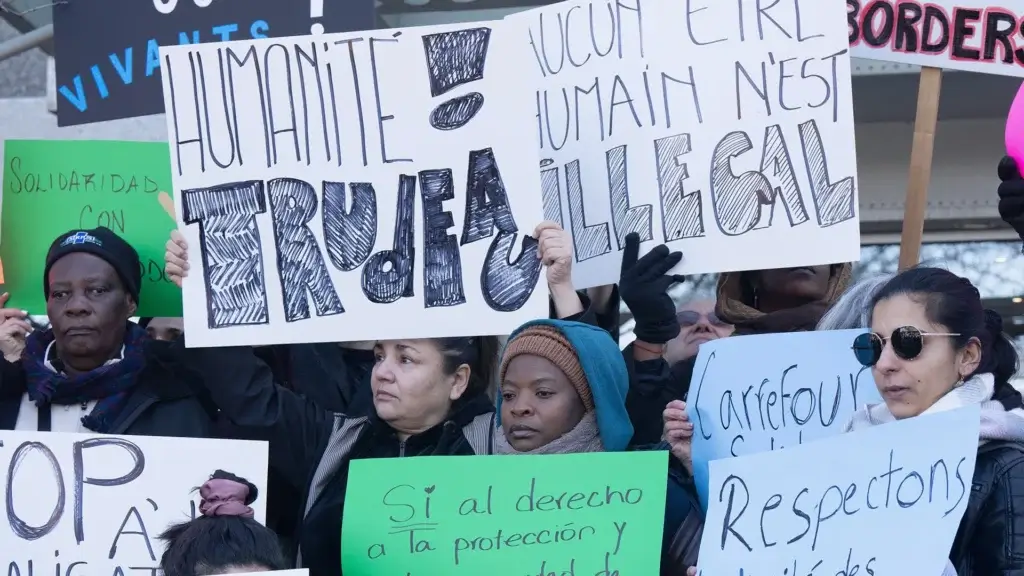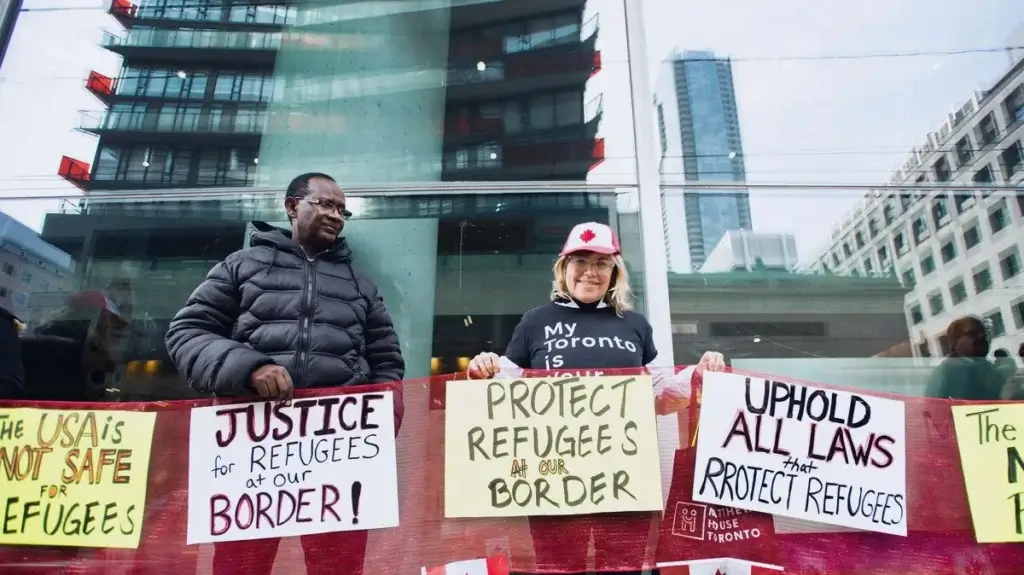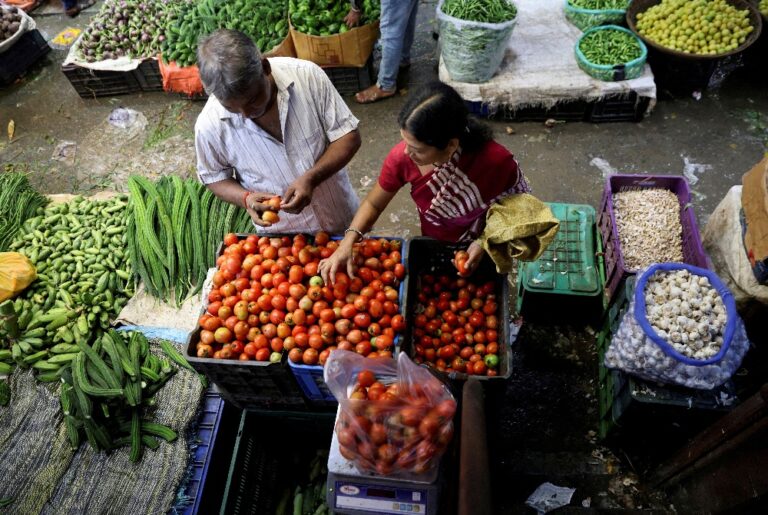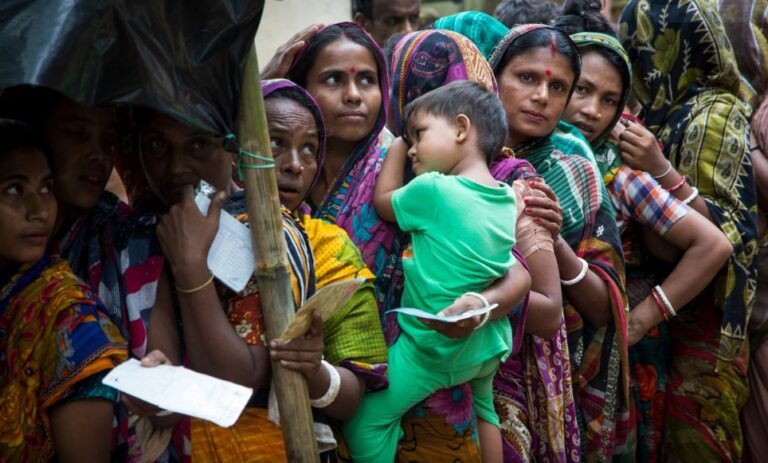Canada’s recent policy of offering financial aid to LGBTQ+ refugees has sparked heated debate across the country. While the government is defending the move as a humanitarian move based on Canada’s long-standing commitment to human rights, critics argue that such benefits, especially when extended to non-citizens, come at a time when many Canadians themselves are struggling to afford basic necessities.
Under this policy, individuals who face persecution in their home country due to their sexual orientation or gender identity are eligible to receive up to one year of financial support upon arrival in Canada. The aim is to provide them with protection while they apply for asylum and rebuild their lives in a safe environment.

However, opposition voices highlight a troubling paradox: more than 2 million Canadians use food banks every month, including seniors, veterans, and working-class families. LGBTQ+ As inflation, housing costs, and grocery bills continue to rise, many citizens are feeling abandoned by their government.
This criticism is not necessarily based on bigotry – many Canadians support the protection of marginalized groups – but frustration stems from a perception of misplaced priorities. Citizens are questioning how their tax money can fund generous resettlement programs when there is a clear domestic crisis in housing, health care and food affordability.
There are also concerns about fairness and verification. Some fear the system could be abused by people making false claims of persecution. Others express discomfort that the government is prioritizing newcomers who have been paying into the system for decades.
LGBTQ+ Supporters of the policy argue that there is a moral obligation to protect human rights internationally and that Canada’s global reputation as a safe haven is based on such values. They emphasize that caring for refugees and alleviating domestic poverty should not be a zero-sum game.
The issue highlights a broader tension: how to balance empathy for global crises and accountability to citizens at home. As the government moves forward, the main challenge will be to address legitimate public concerns without compromising humanitarian commitments.



